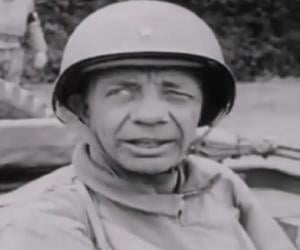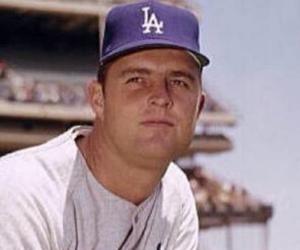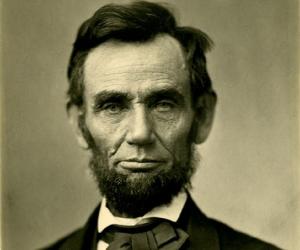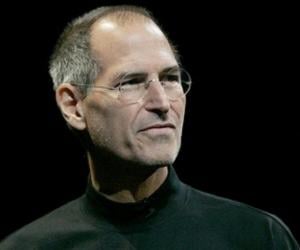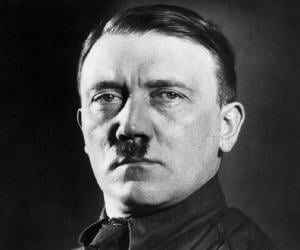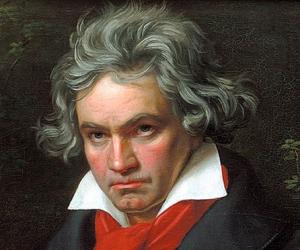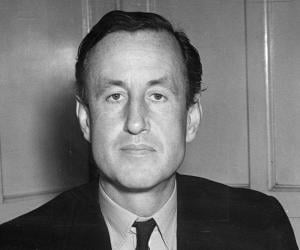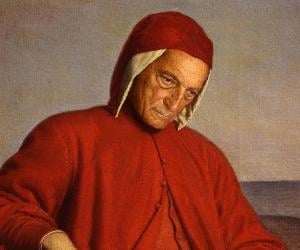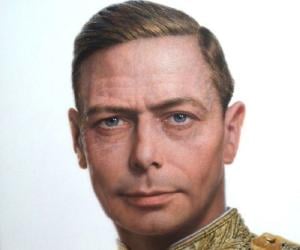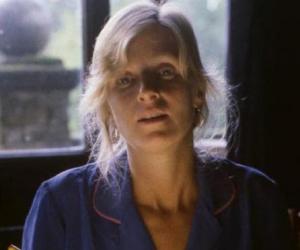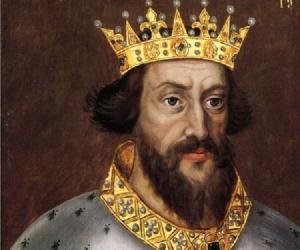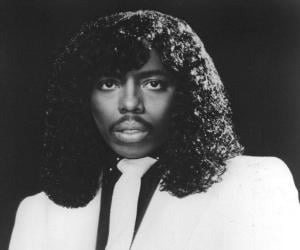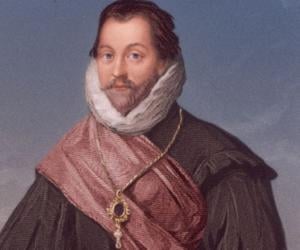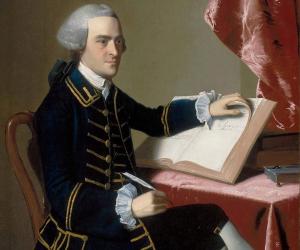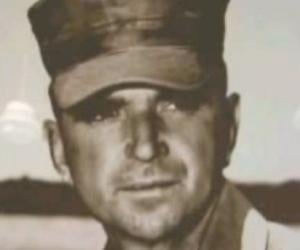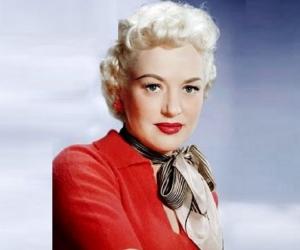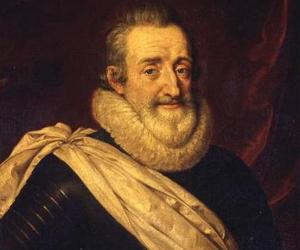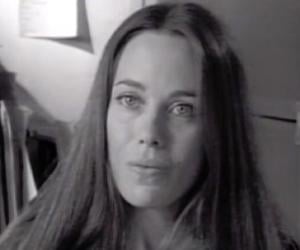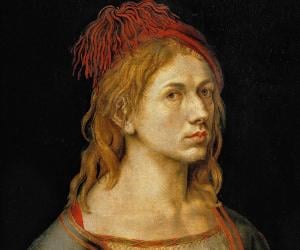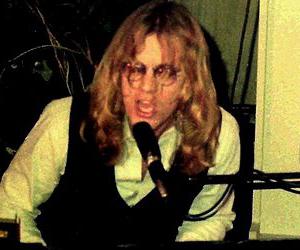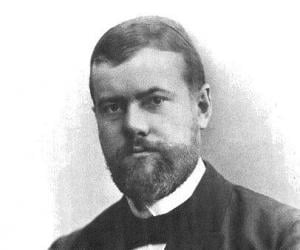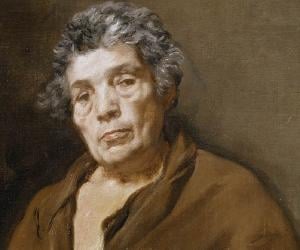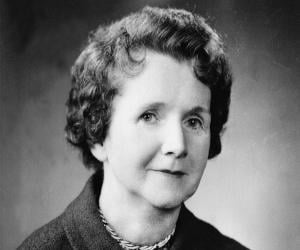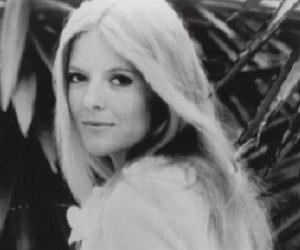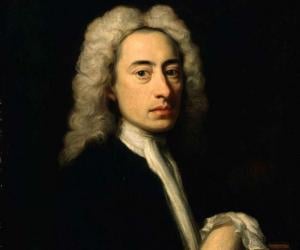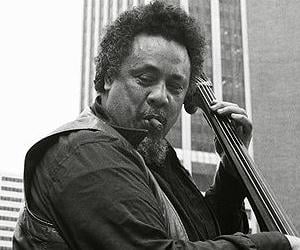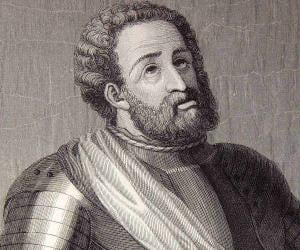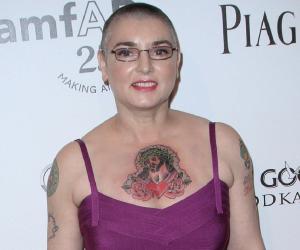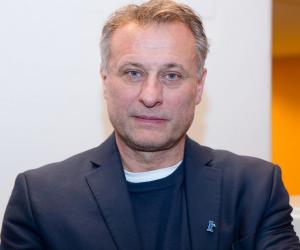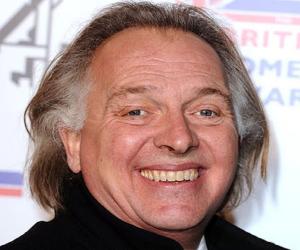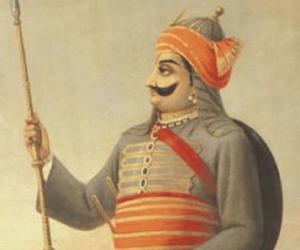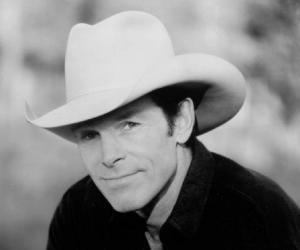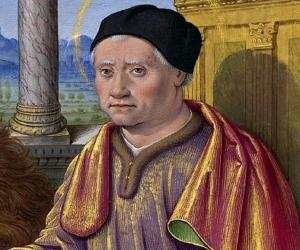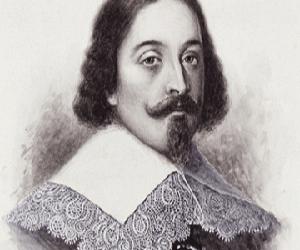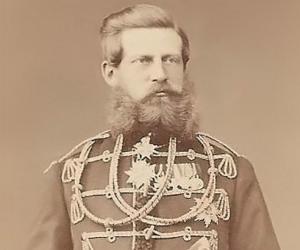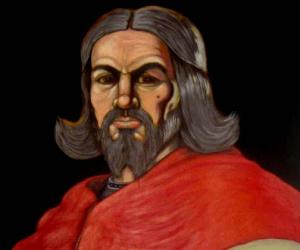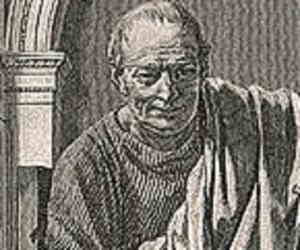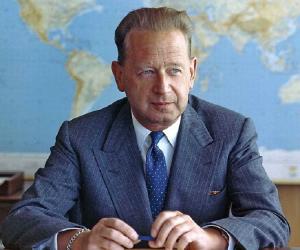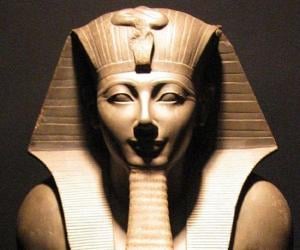A self-educated lawyer, Abraham Lincoln rose from modest background to become one of the greatest presidents of America. The 16th president of the country, who is also known as Honest Abe and the Great Emancipator, played a crucial role in establishing a truly democratic government, abolished slavery, modernised economy and led the country during the American Civil War.
One of the most powerful leaders of the 20th century, Adolf Hitler was a German dicator whose policies started the WWII that resulted in the death of millions of people. He had a visceral hatred for Jews and during his regime nearly six million Jews were killed in Holocaust.
German composer and pianist, Ludwig van Beethoven, remains one of the most admired composers in the history of Western music even two centuries after his death. Born into a musical family, he was initially tutored by his father. He found success early as a pianist and went on to become an admired composer despite suffering from hearing-impairment.
Ian Fleming was a British writer, naval intelligence officer, and journalist. Fleming is credited with creating one of the most popular characters of all time, James Bond. His James Bond series of novels have sold more than 100 million copies, making them one of the best-selling fictional book series in history. Jamaica’s Ian Fleming International Airport is named after him.
Dante Alighieri was an Italian writer, poet, and philosopher. His work Divine Comedy is widely regarded as the greatest literary work ever produced in the Italian language and the most prominent poem of the Middle Ages. Often referred to as the father of the Italian language, Dante Alighieri played a crucial role in establishing the Italian literature.
Henry II of England reigned as the king of England from 1154 to 1189. During his long rule, Henry introduced many changes that had severe long-term consequences. Some of his legal changes are believed to have laid the foundation for English Common Law. Henry is often portrayed in films and plays; he has been played by actors like Peter O'Toole.
Rick James was an American multi-instrumentalist, singer-songwriter, and record producer. He is credited with forming several bands, including The Mynah Birds and Stone City Band. His career was hampered by his controversial personal life and drug addiction problems; he was convicted of kidnapping and torturing women on two separate instances under the influence of crack.

Francis Drake was an English explorer and naval officer. He is remembered for his Raiding Expedition, a prominent historical maritime event which unfolded between 1577 and 1580. Although Drake is considered a hero in the United Kingdom, his privateering led the Spanish to refer to him as a pirate. His expedition has also had a major cultural impact in Britain.
Merchant and statesman, John Hancock, served as the president of the Second Continental Congress and was the first to sign the Declaration of Independence in 1776, owing to this position. A rich man, he used his wealth to support the colonial cause during the American Revolution. He also used his influence to ratify the United States Constitution in 1788.
Betty Grable was one of the most popular actresses in Hollywood during the 1930s and 1940s. She starred in numerous big-budget movies and was at one point the highest-salaried American woman. She began her career as a preteen and gained prominence as a young woman. A celebrated sex symbol, she was the number-one pin-up girl of World War II.
Henry IV of France reigned as the King of France from 2 August 1589 until his death on 14 May 1610. Remembered for his concern about the welfare of the people of France, Henry worked to eliminate corruption, promote agriculture, encourage education, and regularize state finance. The character of Ferdinand in Shakespeare's Love's Labour's Lost was loosely based on Henry.
Marcheline Bertrand was an American actress. The former wife of Jon Voight and the mother of Angelina Jolie, Marcheline Bertrand had a brief acting career. She had a greater impact as a humanitarian as she co-founded an organization called All Tribes Foundation in an attempt to provide economic and cultural benefits to Native Americans.
Albrecht Durer was a German painter, theorist, and printmaker of the German Renaissance. During his 20s, Durer established his reputation as a popular printmaker across Europe, thanks to his high-quality woodcut prints. His popularity enabled him to work with major Italian artists like Leonardo da Vinci, Giovanni Bellini, and Raphael. Albrecht Durer also influenced generations of artists, especially in printmaking.
Warren Zevon was an American musician, rock singer, and songwriter. As a songwriter, Zevon contributed immensely to the success of songs recorded by other artists, such as Murray McLauchlan. Also known for his acerbic lyrics and dry wit, Warren Zevon made several appearances on shows like the Late Show with David Letterman and Late Night with David Letterman.
Max Weber was a German historian, political economist, jurist, and sociologist. Widely regarded as one of the most influential and important theorists, Weber's ideas had a profound influence on social research and social theory. Although he did not see himself as a sociologist, Weber is often counted among the fathers of sociology alongside Émile Durkheim, Auguste Comte, and Karl Marx.
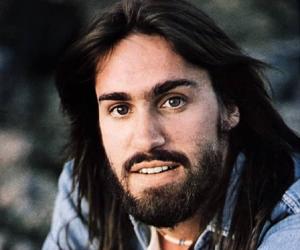
There is not a single child in the world who has not heard of Aesop’s Fables, but the legendary Greek fabulist Aesop, known for using animal characters to impart moral lessons, is believed to have never existed, by some historians. Aesop was perhaps a name concocted to unite references for age-old fables.
Pliny the Elder was a Roman natural philosopher, author, and army and naval commander of the Roman Empire. His work Naturalis Historia became an editorial model for the present-day encyclopedias. Today, his statue greets the visitors of Cathedral of S. Maria Maggiore in his hometown, Como.
Rachel Carson was a conservationist, marine biologist, and author. She is credited with authoring an influential book titled Silent Spring, which played a significant role in advancing the global environmental movement. Carson is also remembered for her book, The Sea Around Us, which earned her a U.S. National Book Award. She was posthumously honored with the Presidential Medal of Freedom.
Felix Baumgartner is an Austrian skydiver, BASE jumper, and daredevil. He is best known for jumping from the stratosphere to the Earth as part of the Red Bull Stratos project. Baumgartner set the world record for gaining an estimated top speed of Mach 1.25, becoming the first person without vehicular power to break the sonic barrier relative to the surface.
Alexander Pope was a satirist and poet whose works produced during the Augustan period made him one of the greatest artistic exponents of that period. Widely regarded as one of the most important English poets of the 18th century, Alexander Pope is best remembered for writing discursive poetry and heroic couplets.
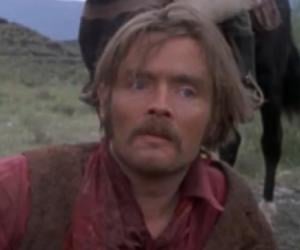
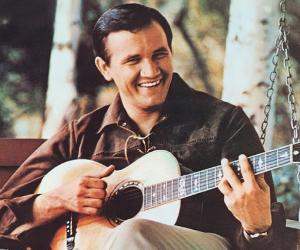
Sinead O’Connor is an Irish singer and songwriter known for her controversial statements as much as for her work as a musician. Apart from releasing solo albums and singles, she has also collaborated with other artists and recorded songs for films. She often makes headlines for expressing views on subjects, such as women's rights, child abuse, sexuality, and organized religion.
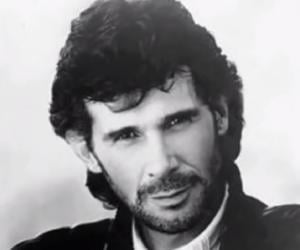
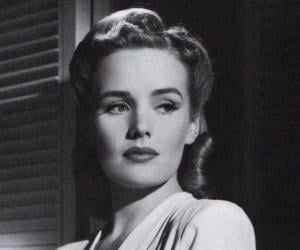
Rik Mayall was an English comedian, actor, and writer. A pioneer of alternative comedy, Rik Mayall's approach to sitcom and creativity inspired a generation of comedians. Widely regarded as one of the greatest comedy performers of all time, Rik Mayall received several posthumous honors after sudden and untimely death at the age of 56.
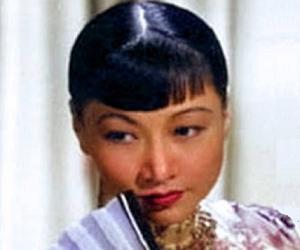
Anna May Wong was an American actress and the first Chinese-American to make it big in Hollywood. She is remembered as the first Chinese-American to gain international recognition as an actress. Anna made history in 1951 when she appeared in The Gallery of Madame Liu-Tsong, becoming the first Asian-American to be featured as the lead in a US television show.
Mark the Evangelist is credited with authoring the Gospel of Mark, the second of the four canonical gospels. Also credited with founding the Church of Alexandria, Mark is regarded as one of the most prominent episcopal sees of early Christianity. Over the years, Mark the Evangelist has been the subject of several paintings.
Dutch explorer and Dutch East India Company merchant Abel Tasman was the first European to reach the shores of Tonga, New Zealand, Fiji, and Van Diemen's Land, the last of which was named Tasmania in his honor. His circumnavigation of Australia proved that it was a separate continent.
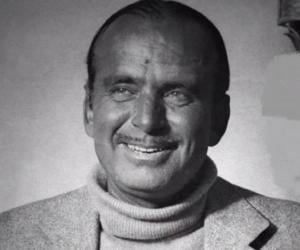
Frederick III, German Emperor reigned as the king of Prussia and emperor of the German Empire from 9 March 1888 until his death on 15 June 1888. Although he played key roles during the Austro-Prussian, Second Schleswig, and Franco-Prussian wars, Frederick professed hatred for warfare and was willing to make the German Empire more liberal before his untimely death.
Legendary Welsh hero Owain Glyndŵr was part of the last major Welsh attempt at overthrowing the English reign. With the help of local rebels, he declared himself the prince of Wales and even set up a parliament, ignoring Henry IV’s rule. He eventually disappeared and was presumed dead.
Horace was a Roman lyric poet who was influential during the time of Augustus. Renowned for his Odes, Horace's ode-writing style was imitated by a number of aspiring poets in England during the 17th and 18th centuries when ode-writing was considered highly fashionable.
Dag Hammarskjöld was a Swedish diplomat and economist. In 1953, Hammarskjöld became the youngest person to be appointed as the Secretary-General of the United Nations. He died in airplane crash in 1961. Dag Hammarskjöld became the first person to be honored with a Nobel Peace Prize posthumously.
